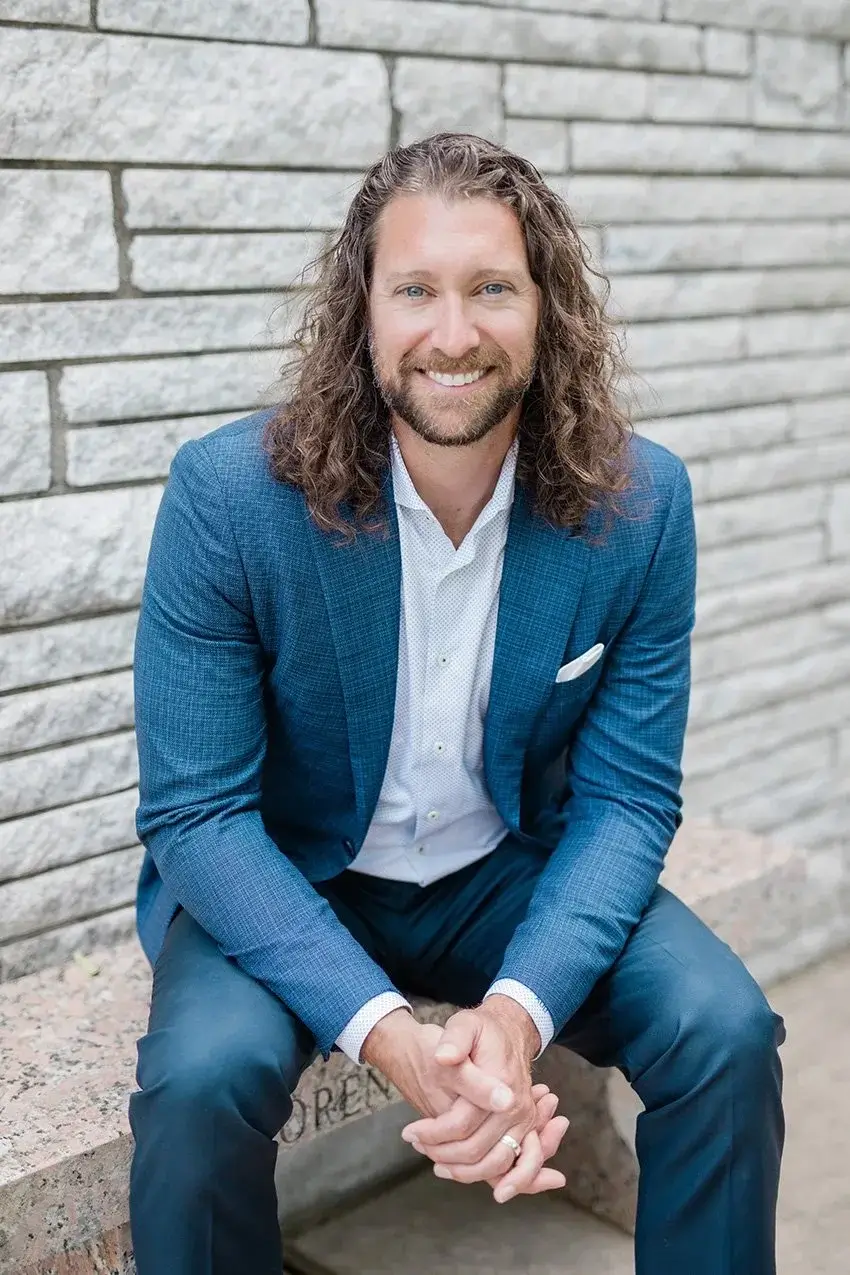Although the stigma associated with mental illness has decreased over the last few decades, there is still a heavy stigma associated with taking medication for mental health. Therefore, millions of people neglect to get the help they need to alleviate their physical and mental distress.
Additionally, unhelpful, stigmatizing attitudes towards taking medication could exacerbate symptoms. While many people can experience an alleviation of anxiety from psychotherapy, many treatment experiences also involve prescription medications to help a struggling person experience mental clarity and bring balance to the chemicals within their brain.
Stigma and Medication
It is important to understand that the stigma associated with taking medications does not target just one drug category. The stigmas surrounding taking and being prescribed medication involve all drugs related to mental health conditions.
Prescription medications for mental health include, but are not limited to:
- Antipsychotics (for conditions and symptoms related to delusions or hallucinations)
- Antidepressants (for depression symptoms such as being unable to get out of bed in the morning)
- Anti-anxiety medications (for anxiety symptoms such as panic attacks or extreme worry)
- Stimulants (for increasing attention, concentration, and energy)
- Mood stabilizers (used to treat mood and personality disorders for symptoms such as mania)
Understanding When And Why Medication Is Necessary
After clinical evaluation, a therapist or psychiatrist may recommend or prescribe medication for a variety of reasons. Each condition may require a different dosage or type of medication based on the intensity of negative symptoms experienced. For example, antidepressant medication treats people experiencing intense, negative symptoms associated with a depression diagnosis.
As depression can be crippling, depression occurs through faulty mood regulation within the brain. Antidepressant medications increase and balance the activity of neurotransmitters in the brain, lessening the distressing symptoms associated with the condition. In many cases, medication is necessary because certain mental health conditions cause an imbalance of chemicals in the brain.
Medication and Physical Health
Another way to understand the importance of medication in mental health is to look at medication associated with physical health. Most medications treat or cure a given condition. For example, antibiotic medication helps to cure infections, and in some cases, is the only solution to cure a certain infection. Further, medication for mental health is prescribed for a certain amount of time to attempt to cure a condition or relieve symptoms completely. Sometimes, this requires a person to wean off medication and lessen dosages over time.
In severe cases, medication also helps people with certain mental conditions return to a normal (or a new normal) version of functioning. Medication can also reduce symptoms enough to enhance the effectiveness of other treatment modalities. For instance, psychotherapy is often recommended to enhance wellbeing and help people navigate through social situations.
If a person presents psychotic symptoms, they may not feel safe enough to explore their concerns and intrusive thoughts in a psychotherapy setting. In this case, antipsychotic medication may help the psychotherapy process and help a person get the mental clarity that they deserve.
Addressing the Misconceptions
There are many misconceptions and beliefs about the use of medication to treat mental health disorders. Some of which prevent individuals from seeking the help they need.
Common misconceptions and stigmas associated with taking medication might include:
- Taking Medication Makes a Person Weak: When people use medication, it is highly likely that they truly need that medication in order to function properly. Therapists and psychiatrists do not take prescription medication lightly, especially because certain medications are often abused. Stigmatizing taking medication as being weak implies that if an individual only worked harder and more intentionally through their mental distress, they would not need to rely on medication. It is both insensitive and inaccurate. If anything, there is strength in acknowledging and accepting the help that an individual may need from a particular condition.
- Medication Does Not Provide a Long-Term Solution: As mentioned previously, medication can help to reduce and alleviate negative symptoms associated with certain mental illnesses. Medication is not merely a solution to mental illness, although it is a great start. Medication can enhance a treatment experience and make a person discuss and work through their mental processing. Medication allows individuals to reach a point where they are able to cope and manage their symptoms. Sometimes people can continue their prescription for years, whereas others may only need them for a short period of time. Although it may not provide a long-term solution, it can encourage a person to accept further support and guidance in their treatment experience.
The stigma surrounding needing and taking medication for mental health continues to cause people to neglect to get the help they need for their symptoms of distress. Many mental health conditions create an imbalance of chemicals and hormones in the brain and body, causing severe negative symptoms. Medications are necessary because they help to increase and balance chemicals in the brain necessary for overall wellbeing. While some medications reduce symptoms, others can cure conditions. In many cases, medications help enhance the mental health treatment experience, especially in psychotherapy settings. At Clearfork Academy, we acknowledge that prescription medications may be necessary in severe cases of mental health distress. We offer intentional, comprehensive treatment experiences for teenage males suffering from the effects of addiction and mental health challenges. We believe in a better future for your teen and will celebrate their victories with them during their journey. To find out more, call us today at (817) 259-2597.

Originally from the Saginaw, Eagle Mountain area, Austin Davis earned a Bachelor of Science in Pastoral Ministry from Lee University in Cleveland, TN and a Master of Arts in Counseling from The Church of God Theological Seminary. He then went on to become a Licensed Professional Counselor-Supervisor in the State of Texas.
Austin’s professional history includes both local church ministry and clinical counseling. At a young age, he began serving youth at the local church in various capacities which led to clinical training and education. Austin gained a vast knowledge of mental health disorders while working in state and public mental health hospitals. This is where he was exposed to almost every type of diagnosis and carries this experience into the daily treatment.
Austin’s longtime passion is Clearfork Academy, a christ-centered residential facility focused on mental health and substance abuse. He finds joy and fulfillment working with “difficult” clients that challenge his heart and clinical skill set. It is his hope and desire that each resident that passes through Clearfork Academy will be one step closer to their created design.
Austin’s greatest pleasures in life are being a husband to his wife, and a father to his growing children. He serves at his local church by playing guitar, speaking and helping with tech arts. Austin also enjoys being physically active, reading, woodworking, and music.




